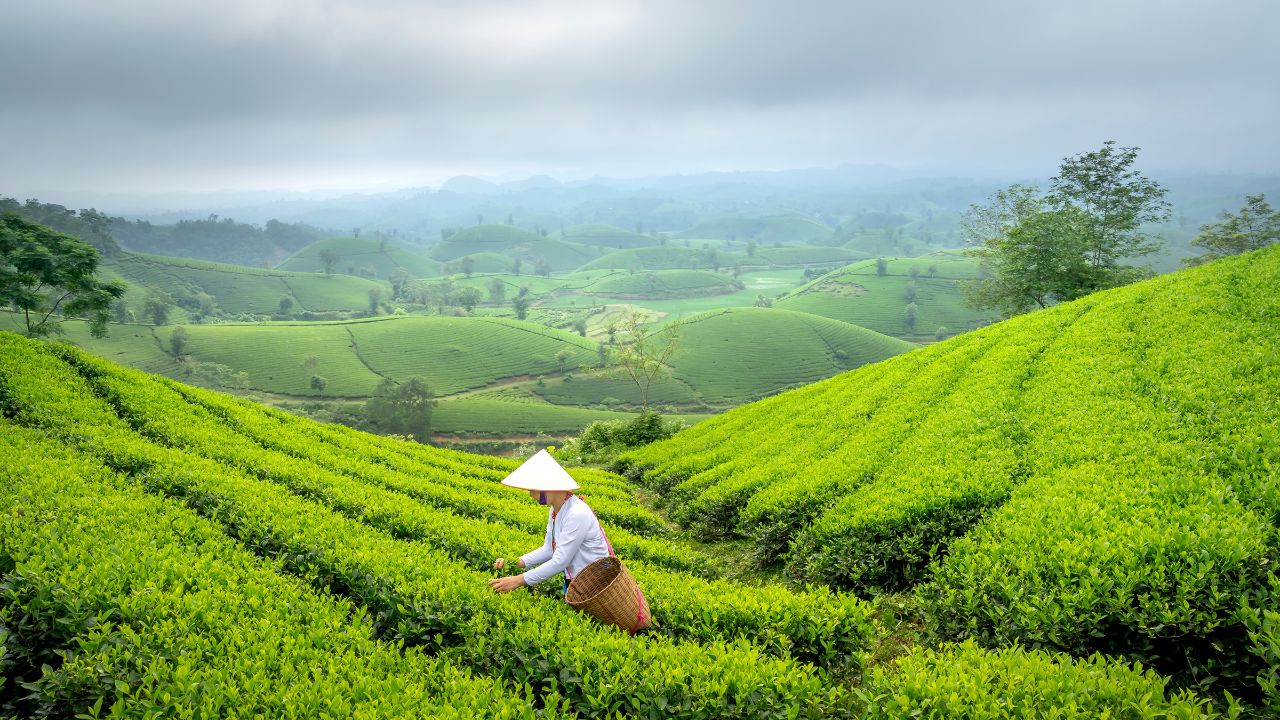Tea and people are intricately intertwined in our Indian culture. Every Indian household begins its day with a cup of tea. It holds a special place in the daily lives of its inhabitants.
Tea symbolises hospitality, acting as a unifying force that brings people together. During tea time, individuals can easily share their emotions with friends and family, making it a medium for conversation starters. In our culture, offering tea to guests is a customary gesture, serving as a welcoming drink to express respect and love.
Here are some aspects of cultural significance:
Social Significance
Tea embodies hospitality, fostering connections among individuals. Sharing emotions with friends and family often occurs over a cup of tea, making it a catalyst for meaningful conversations. In Indian culture, offering tea to guests is a customary welcome gesture, expressing respect and affection.
Spiritual Significance
In certain cultures, tea is closely tied to spirituality and meditation. It serves as a means to attain both physical and mental equilibrium. There are instances where tea is presented to deities as part of rituals, symbolizing purity and devotion.
Health and Well-being
Tea is rich in antioxidants, minerals, catechins, and various other beneficial compounds. These antioxidants play a crucial role in preventing or slowing down cell damage. Moreover, tea has been associated with a lower risk of kidney diseases, heart conditions, and certain types of cancers. Across diverse cultures, tea has been utilised for its medicinal properties, believed to extend beyond preventing diseases to include aiding digestion and enhancing the immune system.
Significance of Tea in a Society
Tea is a beverage that brings people together. Throughout India, street vendors, commonly referred to as “chaiwalas,” serve freshly brewed tea, known as “chai,” to locals and passersby. These chai stalls serve as informal gathering spots where individuals from diverse backgrounds come together to engage in conversations, exchange news, and relish a warm cup of tea.
Economical Impact
The cultivation, trade, and consumption of tea have borne significant economic implications throughout history. The Indian tea industry stands as one of the largest and oldest globally, boasting over 1,600 tea estates and more than 500,000 small tea farmers. Employing over 3 million individuals, both directly and indirectly, it makes a noteworthy contribution of approximately 1.5% to India’s GDP. In essence, the cultural significance of tea is multi-faceted, encompassing social, historical, spiritual, and economic dimensions that persist in shaping societies worldwide.
